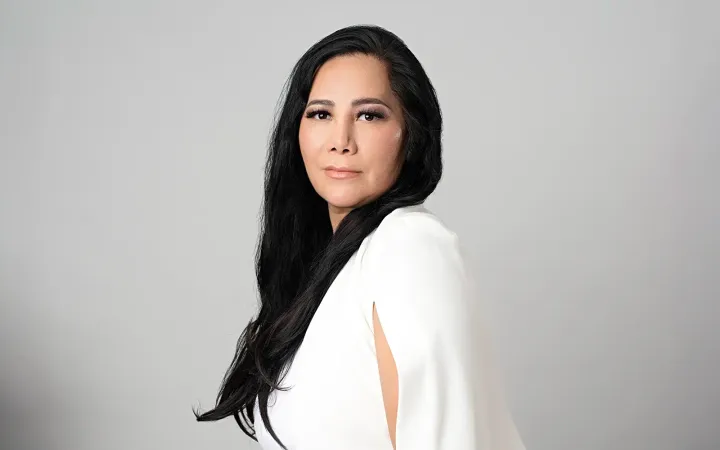Por Soledad Durazo
En 2019, entrevisté en mi espacio radiofónico a Pedro Haces Barba, entonces senador suplente de Morena y líder de la Confederación Autónoma de Trabajadores y Empleados de México (CATEM). Hacía poco había regresado de una reunión de la Organización Internacional del Trabajo (OIT), el organismo tripartito de la ONU que busca establecer normas laborales internacionales y promover condiciones dignas para trabajadores en todo el mundo. Ahí, según él, se había discutido la manera en que "la vestimenta de las mujeres" podía influir en el acoso laboral. Su afirmación no fue anecdótica: fue el inicio de una serie de declaraciones que, como mujer y periodista, no podía dejar pasar.
“Tienen que ser un poco menos provocativas en el área de trabajo”, dijo, con tono didáctico. “Muchas veces [la mujer] toca y después no se aguanta”. Cuando le cuestioné que eso me parecía una posición endeble y francamente retrógrada, insistó: “Muchas veces tenemos mujeres que son muy jóvenes y que se conducen de una forma que no es la correcta. Entonces eso se aprovecha para el acoso y lo vemos todos los días, Soledad”.
Al escuchar estas declaraciones, me invadió una mezcla de incredulidad y consternación. Era como si, en pleno siglo XXI, estuviéramos retrocediendo a épocas en las que se culpaba a las mujeres por las agresiones que sufrían, basándose en su apariencia o vestimenta. Tuve que contenerme para mantener la compostura y continuar con la entrevista de manera profesional.
La reacción del público no se hizo esperar. Recibí mensajes de oyentes expresando su sorpresa y desaprobación ante los comentarios del senador. Incluso, la persona de su oficina que coordinó la entrevista me envió un mensaje incrédulo, cuestionando lo que acababa de escuchar. Organizaciones feministas alzaron la voz, y la presidenta de la Comisión de Equidad y Género en el Congreso de la Unión en ese momento, Wendy Briceño, emitió un extrañamiento público.
Pedro Haces intentó matizar al final de la conversación diciendo que la provocación por vestimenta "es mutua" y que el acoso lo cometen tanto hombres como mujeres, pero ya era tarde. Había quedado claro que, para él, las mujeres tenían parte de culpa en el acoso que sufrían.
Avancemos al presente: Pedro Haces vuelve a estar en el centro del debate, ahora como diputado y operador clave en la defensa de Cuauhtémoc Blanco, exfutbolista y exgobernador acusado de tentativa de violación, violencia sexual y delincuencia organizada. La Fiscala de Morelos había solicitado su desafuero para poder procesarlo penalmente, pero la Cámara de Diputados, con apoyo de Morena, el PRI y el PVEM, desechó el dictamen. ¿El argumento? Que el expediente estaba "mal integrado".
Antes de la votación, Pedro Haces no solo se opuso al desafuero, sino que tuvo el desparpajo de declararse "el más feminista" de todos. "Si hay alguien feminista, he sido yo siempre", dijo en el recinto legislativo. Para cualquiera que haya escuchado aquella entrevista de 2019, sus palabras suenan más a broma de mal gusto que a convicción ideológica.
Suscríbete para leer la columna completa…




